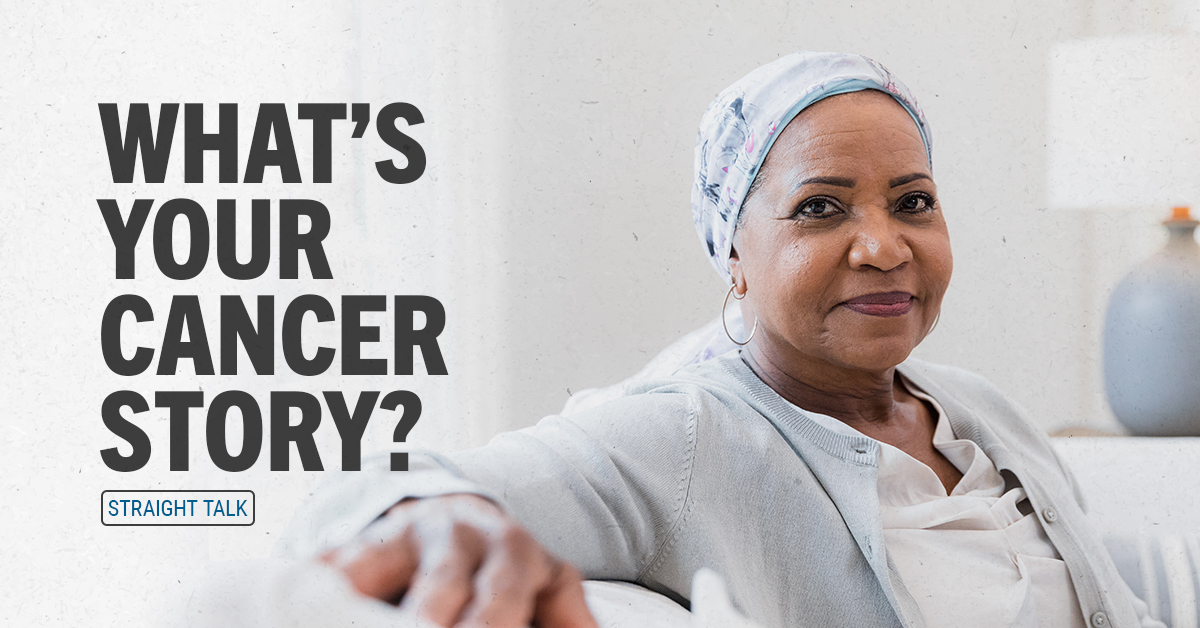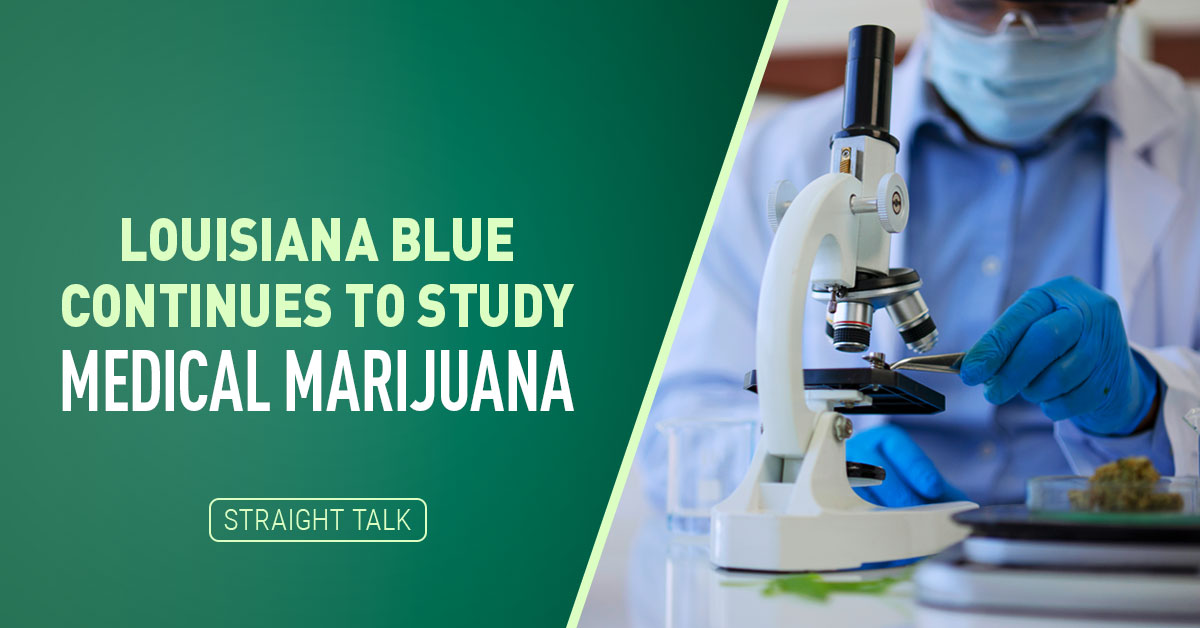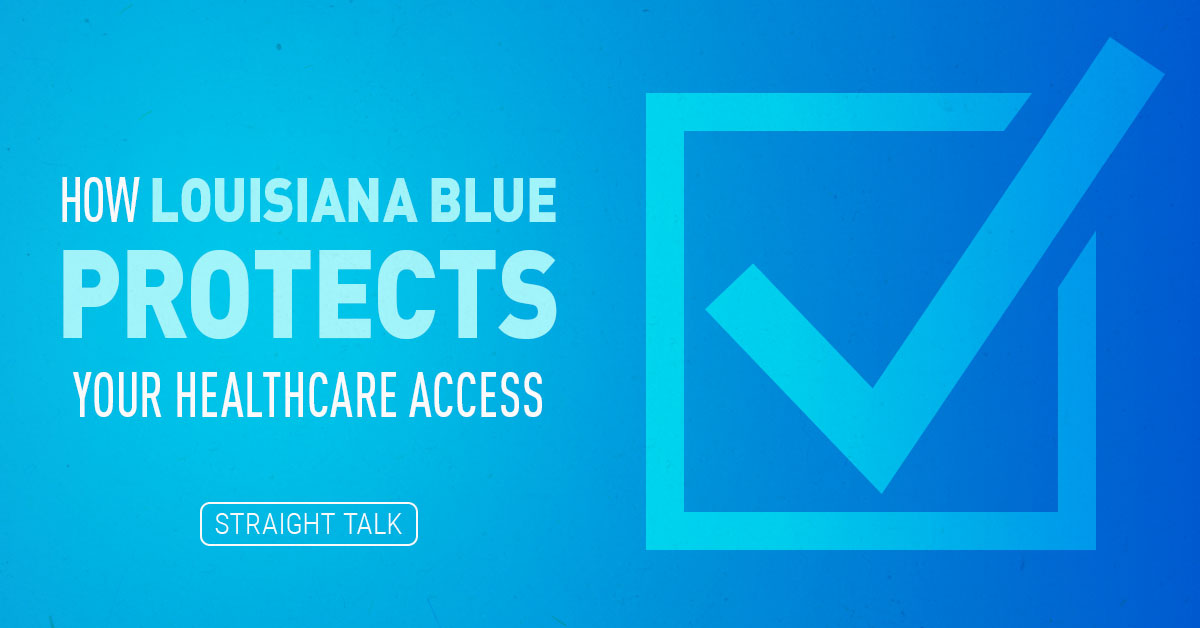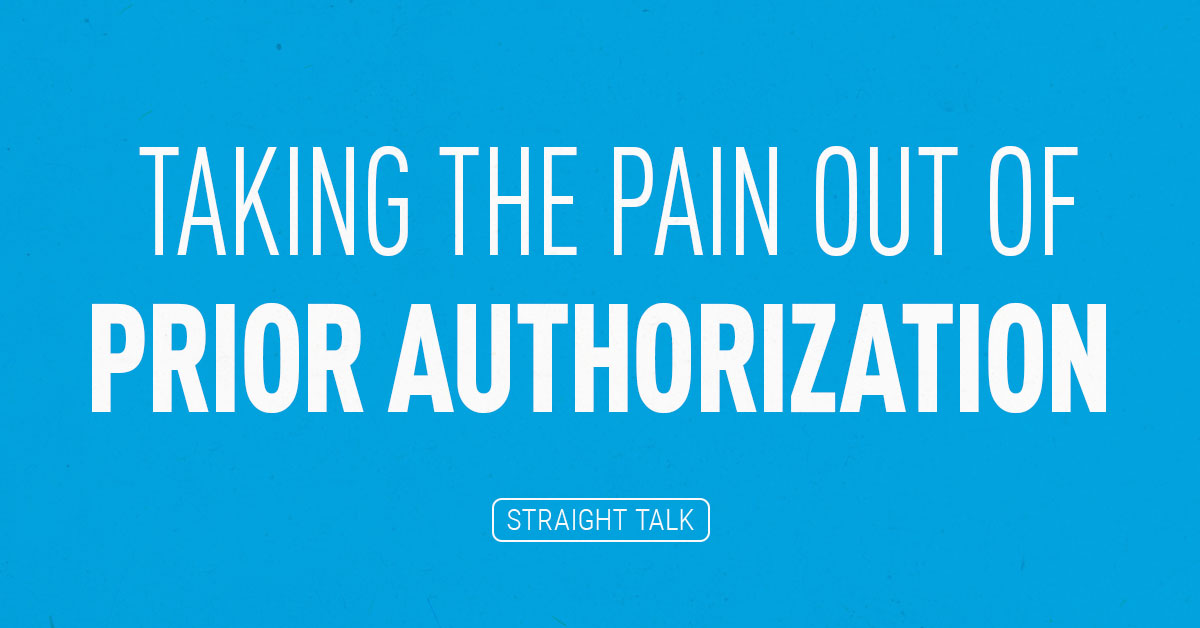If you live in Louisiana long enough, odds are your life will be touched by cancer. Either you personally, or through the trials and tribulations of a loved one. I was diagnosed with bone cancer in 1983 and count myself fortunate to have survived the surgeries, the treatments and to be here, cancer-free since 1984.
My dear mother has been battling breast cancer since 2005, and is battling a recent recurrence today. She’s so strong! She’s totally my hero. But that’s how it goes here, unfortunately. I’ve lost cousins, nephews, aunts and uncles to cancer over the years. That’s the bad news.
The good news is that many, many more cancers are survivable today than just a few years ago. When I was diagnosed back in 1983, the type of cancer I had was nearly always a death sentence. Many patients didn’t make it six months. Today, with advanced chemotherapy, very targeted radiation and immunotherapy, the ability to specifically target cancer and control or eradicate it has grown enormously.
Another big reason that more cancer patients today are living longer and their treatments are successful is advances in preventive screening. The earlier you catch cancer, the easier it is to treat, and the less likely you are to die, have worse outcomes or need more intense and invasive procedures. Earlier this year, I wrote about the expansion of colorectal cancer screening and how that’s saving lives.
October is the month specifically set aside for Breast Cancer Awareness, and that’s what we’ll focus on now.
Think Pink
Breast cancer is one of the most common types of cancer diagnosed in the United States. But like colon cancer, the preventive screening for breast cancer has made great progress in recent decades.
The test for breast cancer is a mammogram, which is an imaging study of the breasts and surrounding tissue that picks up tumors, growths or other concerns – even if these are still very small. The U.S. Centers for Disease Control & Prevention (CDC) estimates that a mammogram can detect breast cancer as much as three years before a growth gets to the point where you can feel it or notice it – that’s how good and accurate the imaging technology is! The CDC also estimates that increased screening has led to a nearly 30% drop in women being diagnosed with breast cancer at later stages when it’s spread to other areas of the body.
In general, women should start having mammograms at age 40, although if you have a family history or other risk factors, your health care provider may recommend you start sooner. And, we all need to be aware of the importance of self-exams. While most cases of breast cancer are diagnosed in women age 50 and older, younger women and men also get breast cancer. You should do a breast self-exam every month, and stay aware of your body, overall health and well-being – no one knows you better than YOU. If you see something, notice changes or feel like something is just off, see your health care provider.
On that note, if it’s been more than a year since your last checkup, see your health care provider – this is a great opportunity to ask questions and find out about any cancer screenings, tests or shots you should have, depending on your age and health history. Hear more about that from my colleague and one of our Blue Cross medical directors, Dr. Emily Vincent, in this Health Note (:30).
Show Your Support
And to put my money where my mouth is, I’m participating in the American Cancer Society’s Real Men Wear Pink campaign. I could use your help here — if you’d like to donate, you can do so through my Facebook event page.
Remember, it’s groups like American Cancer Society that provide support for cancer patients and their families. Their work is very important. Please join me in helping them succeed!
Follow Blue Cross on social media @BCBSLA throughout October, where we’ll be sharing original graphic designs, videos and other messages about breast cancer awareness. You can download, share or post these messages on your social media and inspire your loved ones to get screened.
And all month long, Blue Cross is sponsoring a pink bike takeover with Blue Bikes, New Orleans’ bikeshare program. Fifty bikes in the fleet will be wrapped with special pink designs promoting breast cancer screening. Share pictures and let us know why you #RidePinkNOLA. You’ll also have a chance to win a one-year Blue Bikes membership through a social media contest. Follow Blue Bikes on social media @BlueBikesNOLA or visit www.BlueBikesNOLA.com for more information.
Straight Talk is, screening saves lives – IF you get tested. Ask your provider about your cancer risks and when you need to begin screening. And share your cancer story in the comments. I’d like to hear your stories of triumph and heartbreak and everything in between.





Leave a Reply